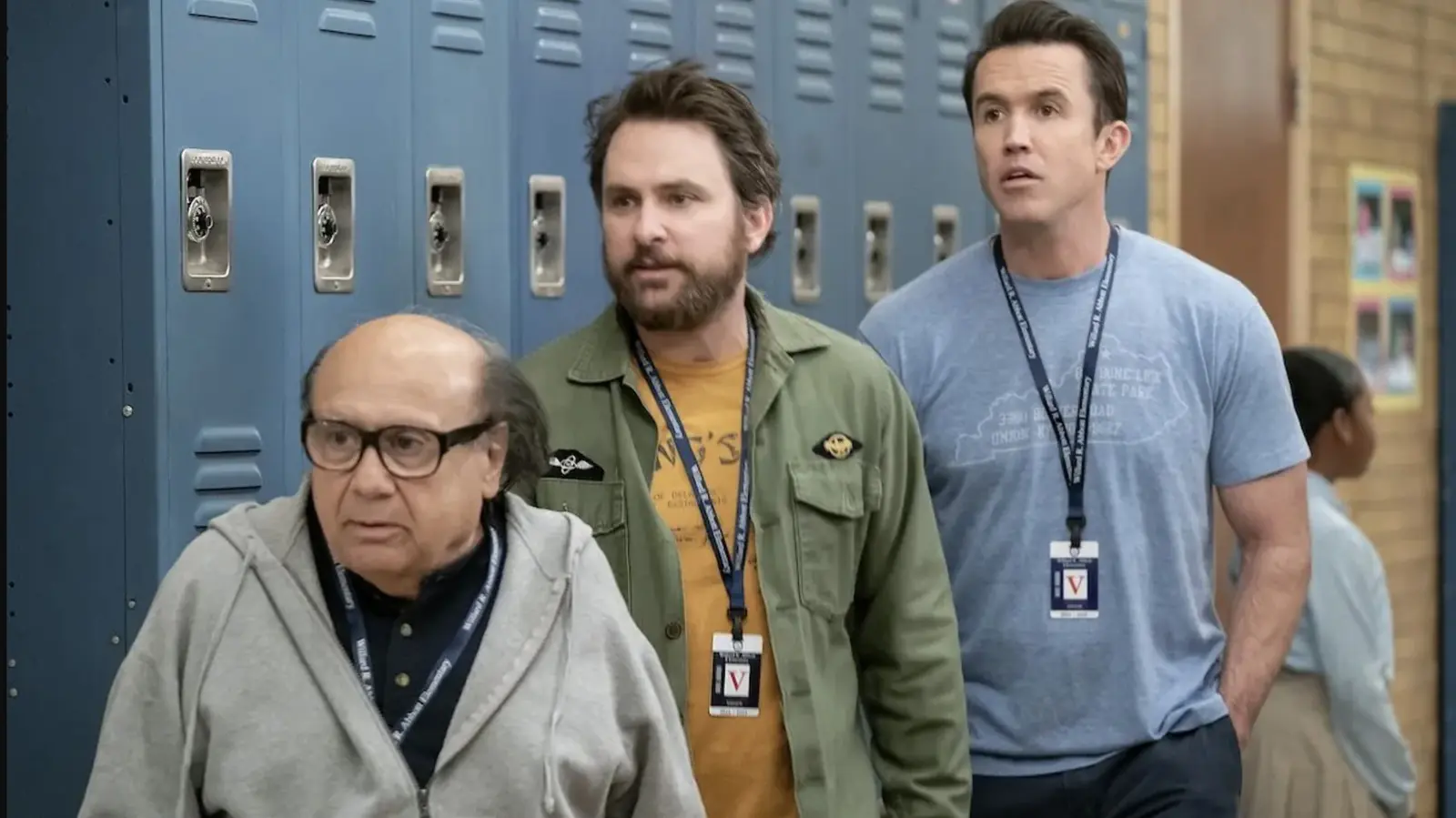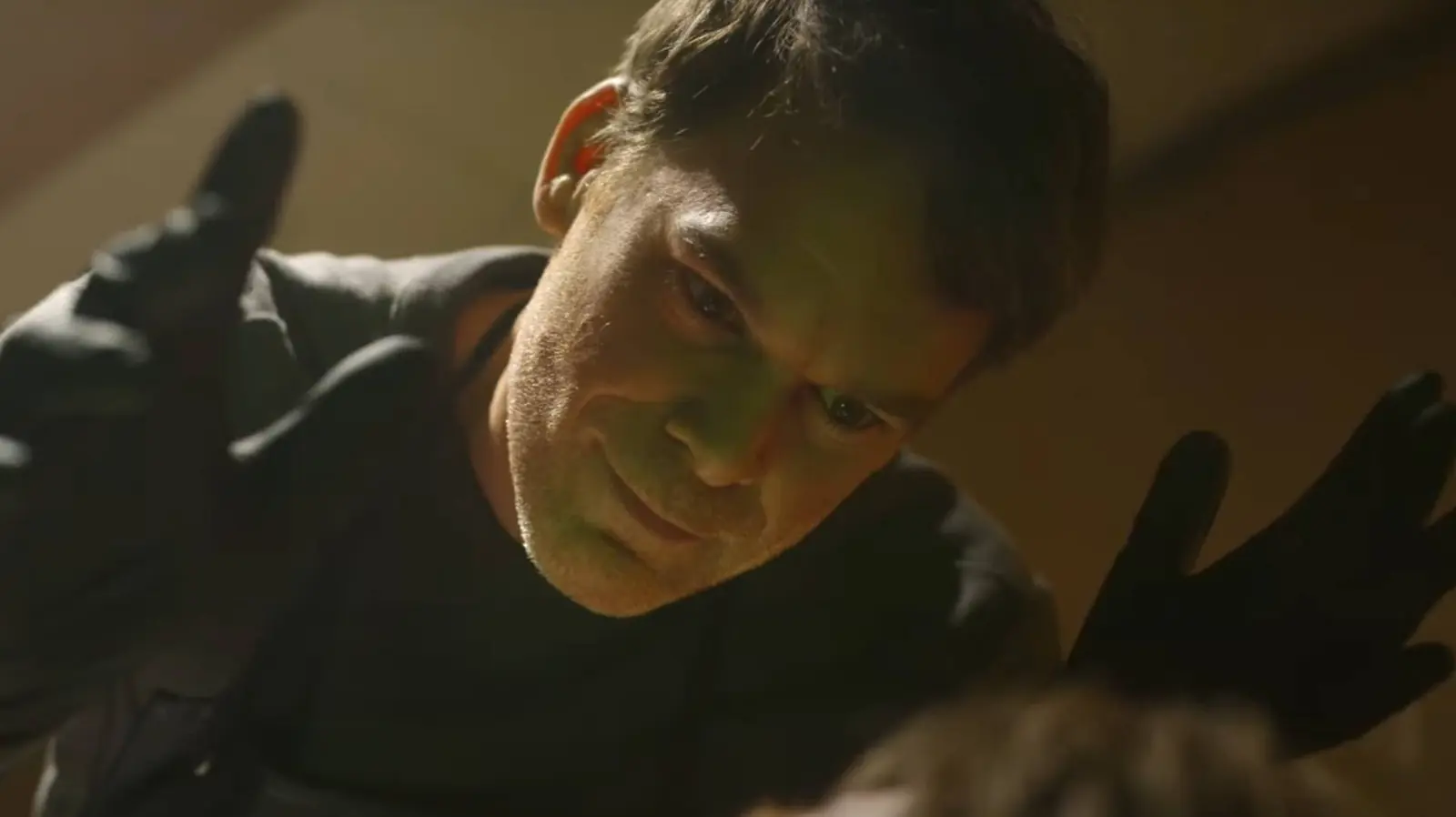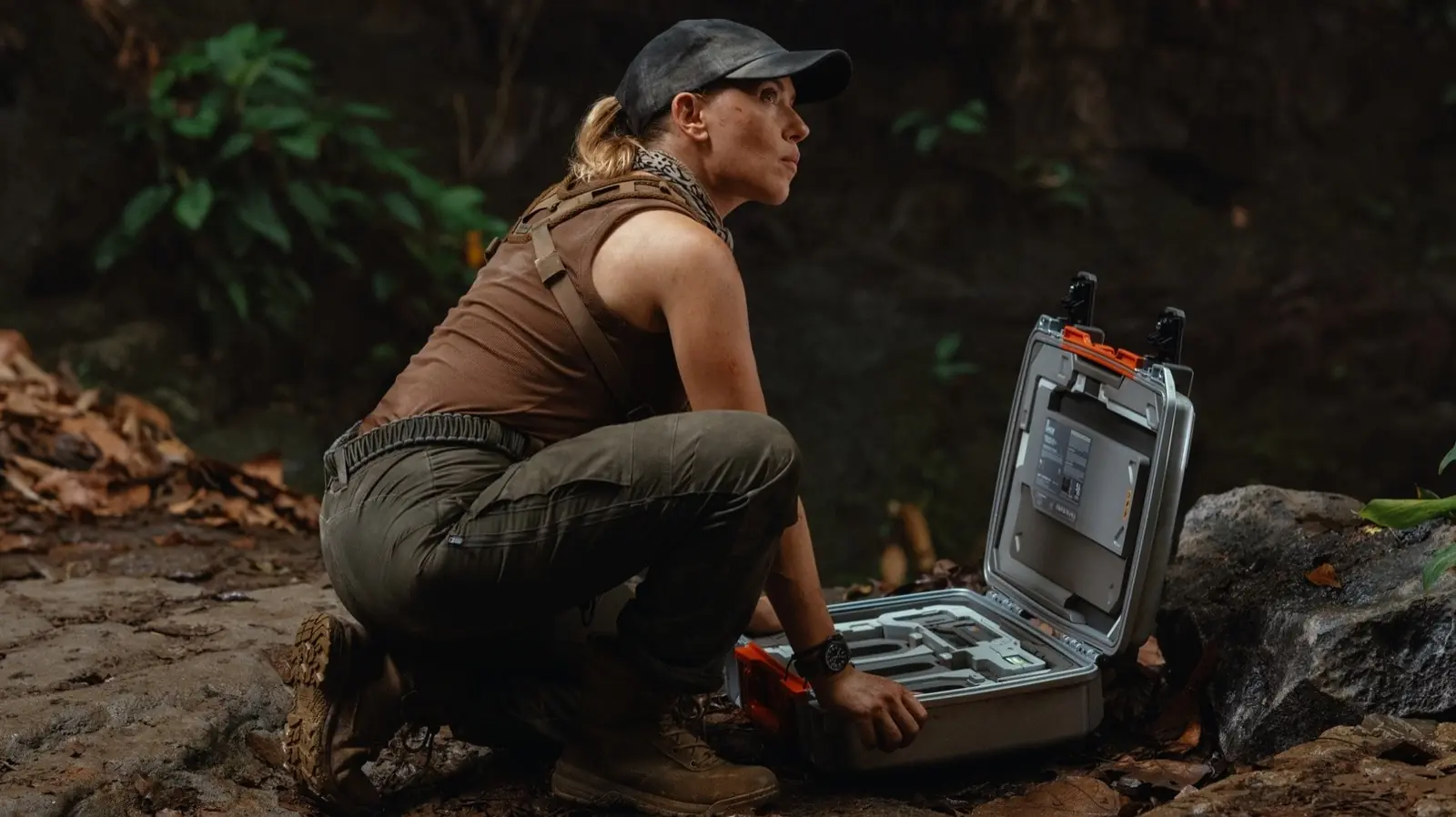The television industry can be as unpredictable as a desert storm, and sometimes, even promising series find their journeys cut unexpectedly short. Such is the tale of “Duster,” the drama series starring Josh Holloway, which was canceled by HBO Max after just one anticipated season. This unexpected decision left fans and industry insiders pondering the motives behind such a move, especially given the association with renowned creator J.J. Abrams.
“Duster” was envisioned as a gritty drama set in the 1970s American Southwest, with Holloway playing the lead role of Jim Ellis—a daring getaway driver entangled in the gritty underworld of crime. The series, which promised high-octane action interwoven with intense character-driven storytelling, seemed like it had all the right ingredients to captivate audiences and critics alike. Developed under Abrams’ production company, Bad Robot, the show carried the weight of expectation and hype through its creative pedigree alone.
However, as HBO Max announced the cancellation, it left many scratching their heads over the reasons. Here are a few underlying considerations that likely contributed to the show’s abrupt ending:
First and foremost, one of the most cited reasons for a series’ cancellation is financial viability. Despite the creative allure and star power, if a series doesn’t translate to a strong viewer base or fails to attract a substantial subscriber increase for the streaming platform, it becomes a financial liability. In today’s high-stakes streaming wars, platforms are continually reassessing their content library to ensure that investments are generating the desired return and audience engagement. “Duster” could have fallen victim to this unforgiving calculus.
Moreover, viewer engagement metrics are critical. While precise data isn’t always publicly shared, platforms like HBO Max rely heavily on algorithms that measure not just how many people are watching a show, but how they are engaging with it. Early reviews and audience ratings can drastically influence a show’s perceived value. If “Duster” struggled to capture enough buzz or failed to maintain strong engagement metrics, it would struggle to justify its continuation.
Another vital factor is the shifting strategic goals of networks and streaming services. HBO Max, after its merger with Discovery, has been undergoing significant structural and strategic changes. Adjustable objectives and a reshaped content strategy may mean moving away from projects that no longer align with the revised brand vision or the type of audience they aim to capture. As part of a broader content audit, “Duster” might not have fit into these new strategic ambitions.
Creative direction and narrative reception also hold sway. Despite its sturdy premise and talent roster, if the narrative direction of “Duster” did not resonate internally or with early audience testing, it might’ve signaled a misalignment with what viewers wanted. Given the high expectations set by Abrams’ involvement, any narrative dissatisfaction, whether from critique or ratings, might have weighed heavily against the show’s fate.
Additionally, external industry trends and market dynamics play a role. We must consider an increasingly crowded streaming landscape, where content is vast, and competition is fierce. In such an environment, only the shows that can deliver high familiarity and distinctive appeal stand a chance. This competitive pressure can lead platforms to make tough decisions about which shows to keep and which to let go.
The pandemic has also reshaped production schedules, budgets, and logistical approaches. As the industry continues to navigate these conditions, unforeseen disruptions can swell production costs and affect timelines, making some projects more challenging to maintain.
Therefore, while Josh Holloway’s portrayal of Jim Ellis may have been cut short too early for fans’ liking, “Duster’s” cancellation can be attributed to a myriad of complex factors. From financial calculus to evolving platform strategies, a confluence of business, creative, and market dimensions likely played a role in HBO Max’s decision to scrap the series.
In conclusion, the story of “Duster” serves as a somber reminder of the volatile nature of television. The medium, driven by dynamic audience preferences and shuffling industry landscapes, requires series to constantly prove their worth. HBO Max’s decision, whether guided by financial prudence or strategic realignment, highlights the multifaceted deliberations involved in bringing content to our screens. While Jim Ellis’ adventures may have ended prematurely, the conversation around “Duster” continues as it joins the ranks of noteworthy series with untapped potential gone too soon.






